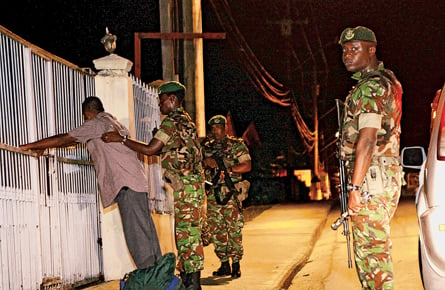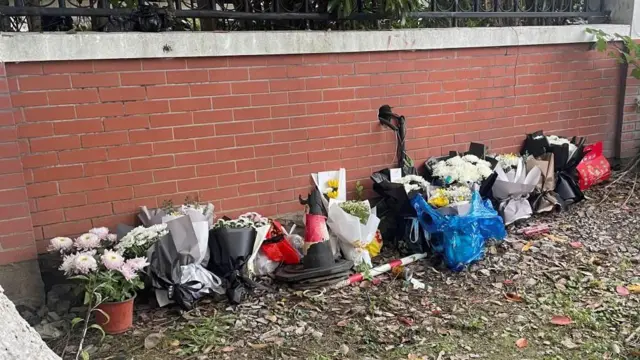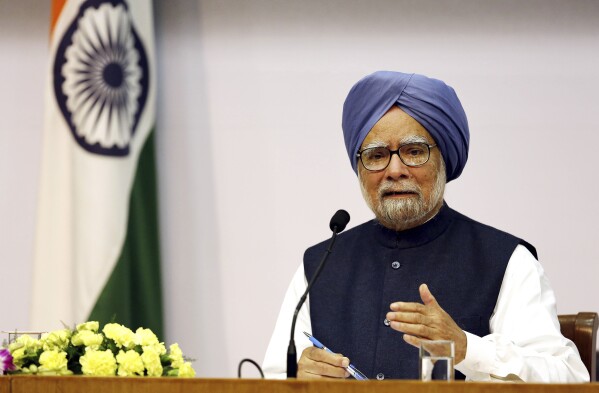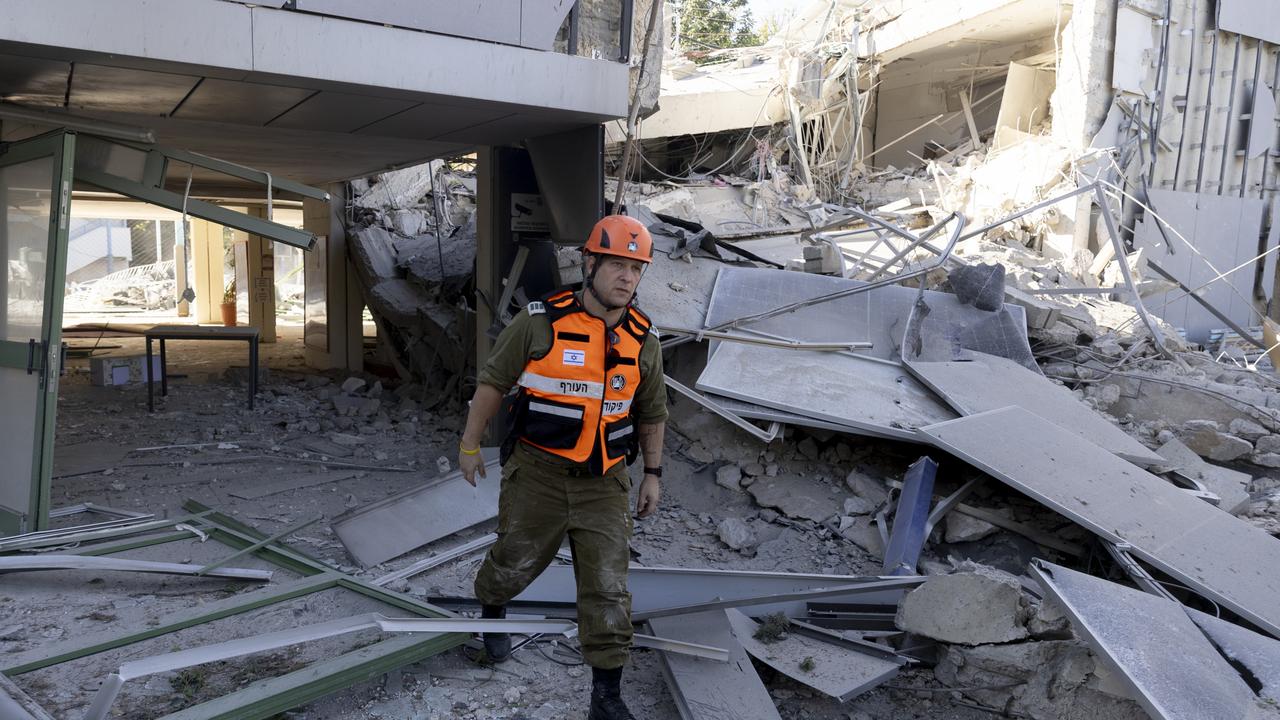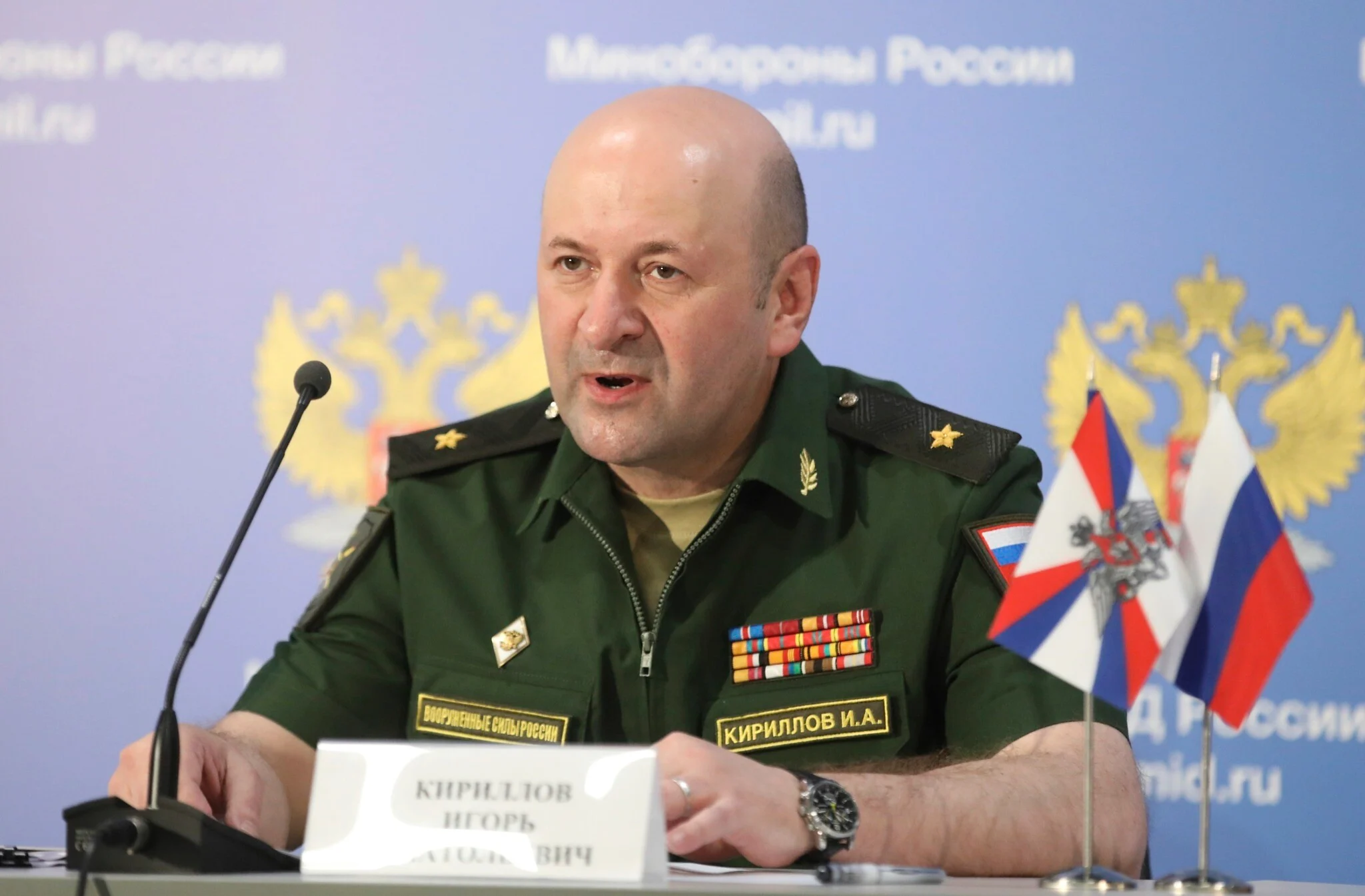
Ukraine Defends Killing of Moscow General as Legitimate Target
Ukraine has defended the killing of a Moscow general, calling it a legitimate target in the ongoing war with Russia. Ukrainian officials argue that this attack was justified as part of their military strategy to weaken Russia’s forces. They emphasize that high-ranking military officers involved in Russian operations against Ukraine are fair targets.
The Justification Behind the Attack
Ukraine’s Ministry of Defense claims that the general had a direct role in planning military operations against Ukraine. Because of this, officials argue that he was a legitimate military target. By targeting individuals responsible for orchestrating attacks, Ukraine aims to disrupt Russian military operations and defend its sovereignty.
Ukrainian leaders have stressed that their actions adhere to international law, as they target those directly involved in the conflict. The government insists that their goal is not to harm civilians but to dismantle the leadership of Russia’s military machine.
The International Legal Framework
Ukraine’s stance hinges on the concept of military necessity, which allows nations to target military personnel involved in the conduct of war. This principle under international law permits the targeting of military leaders, such as generals, who are crucial to the planning and execution of offensive operations.
While Ukraine maintains that it follows international law, critics question the long-term impact of such attacks on the conflict. Some argue that targeting high-ranking officials could escalate tensions and increase civilian casualties. These differing views highlight the complexity of wartime ethics and the fine line between legitimate military action and unlawful violence.
Russia’s Response and Retaliation
Russia has condemned the attack, labeling it an assassination. Russian officials have vowed revenge, accusing Ukraine of breaching the norms of international warfare. The Kremlin sees this as another escalation in the ongoing conflict and has promised to retaliate in kind. Moscow’s leadership insists that the general was a key player in the Russian military’s efforts in Ukraine, which only fuels the animosity between the two nations.
Russia’s response demonstrates how acts of violence against high-ranking officials can quickly turn into major political and military crises. Both sides have already engaged in multiple targeted attacks, raising the stakes for further escalation.
The Broader Implications for the War
This latest attack serves as another example of the evolving tactics in the Russia-Ukraine war. Ukraine continues to target Russian military leadership to disrupt operations and weaken the adversary’s capacity to wage war. Such actions, however, can trigger a cycle of retaliation that deepens the conflict.
The incident also raises important questions about the conduct of war in the 21st century. As warfare becomes more technologically advanced, the ability to target specific individuals with precision has become a key strategy. However, this shift in tactics also poses risks for the broader international community, as it challenges traditional rules of engagement.
Conclusion: Legitimacy of the Target or Escalation?
Ukraine’s defense of its decision to kill the Moscow general as a legitimate target reflects the evolving nature of modern warfare. While Ukrainian officials argue that the general’s role in the conflict made him a valid military target, others are concerned about the potential escalation this attack could bring. As the war continues, targeted killings like these may play an increasingly significant role in shaping military strategies, raising critical questions about the conduct of war and international law.




